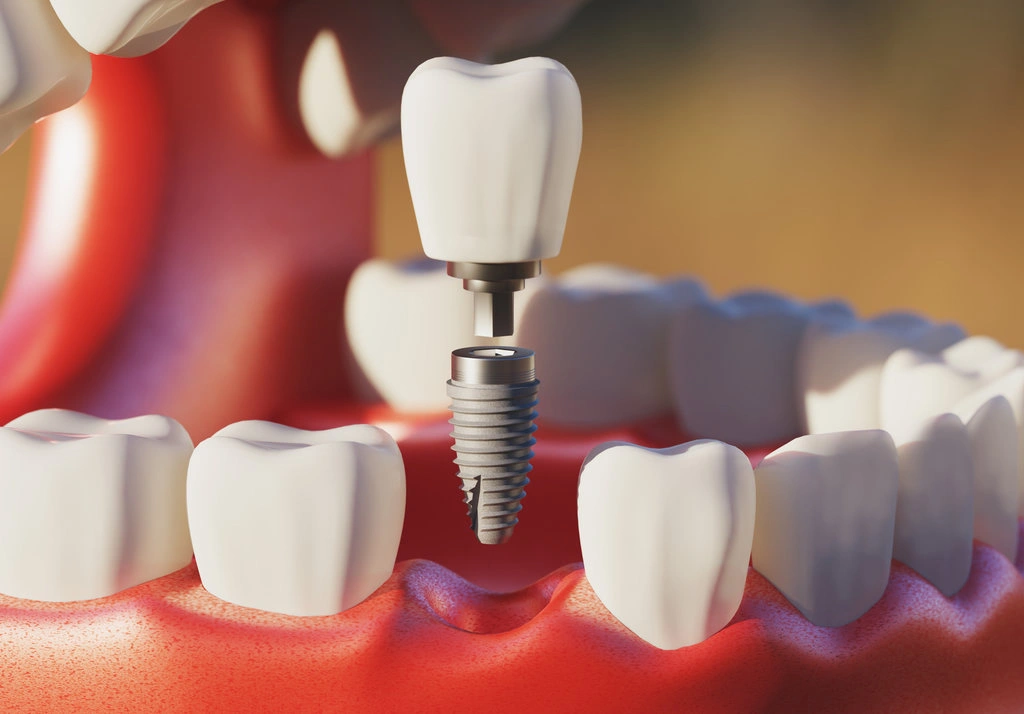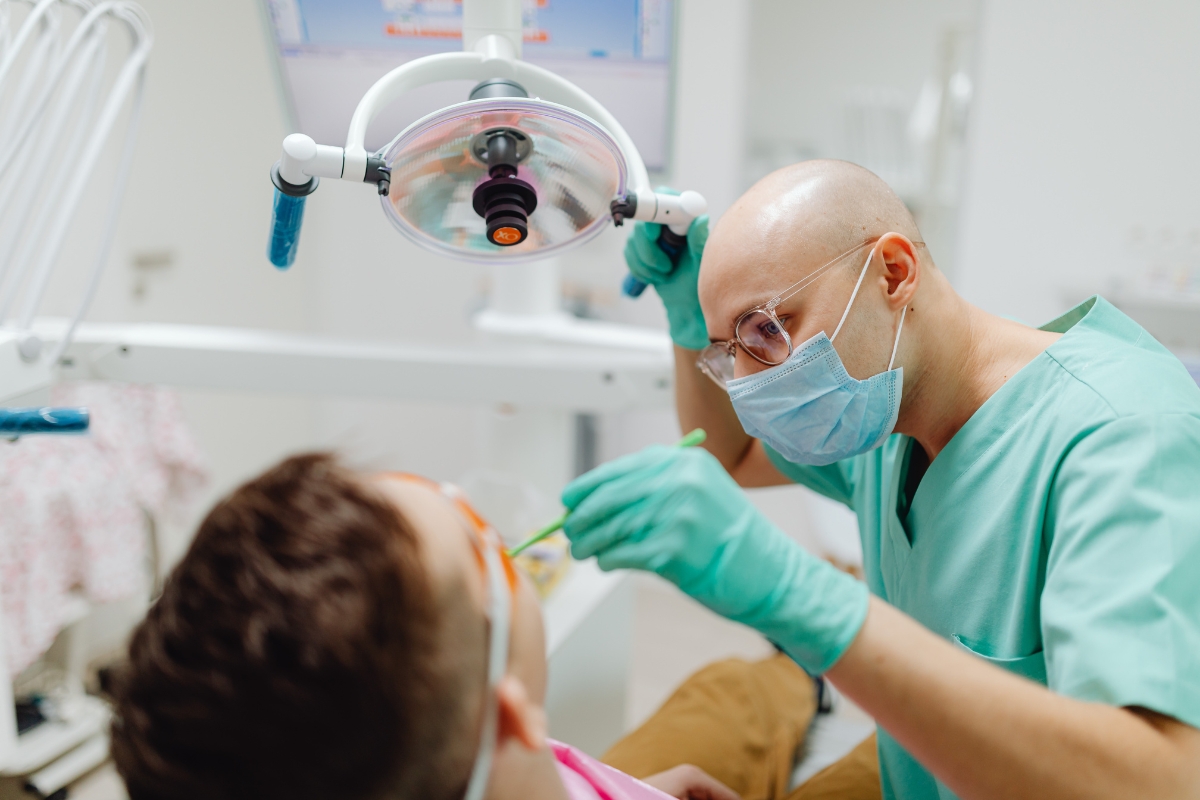Black Friday special for Zoom whitening

Did you know dental implants may last 25 years or more with proper care and maintenance, making them one of the most durable tooth replacement options available? Unlike dentures or bridges that need frequent adjustments or replacements, implants integrate with your jawbone to provide a permanent foundation for your new teeth. The longevity of your implants depends on several key factors, including your oral hygiene habits, overall health, and the quality of care you receive during treatment.
At South Hills Dental Arts, we help patients throughout Pittsburgh understand what influences implant lifespan and how to maximize their investment. With 35 years of experience and advanced digital implant planning technology, we guide you through every step of the process to ensure the best possible outcomes for your smile.
Factors That Affect Dental Implant Longevity
The lifespan of your dental implants depends on multiple interconnected factors. Your oral hygiene routine plays a significant role in determining the longevity of your implants. Just like natural teeth, implants require daily brushing, flossing, and regular professional cleanings to prevent bacteria buildup around the implant site.
Your overall health also impacts implant success. Conditions like diabetes, autoimmune disorders, or heart disease may affect healing and long-term stability. Smoking significantly reduces implant lifespan by restricting blood flow and impairing the healing process. Patients who smoke face a higher risk of implant failure and complications compared to non-smokers.
The quality of your jawbone and gum tissue influences how well implants integrate and remain stable over time. Some patients need bone grafting procedures to strengthen the foundation before implant placement. The location of the implant matters too, as back teeth endure more chewing pressure than front teeth.
How Successful Are Dental Implants?
Dental implants have impressive success rates over extensive periods of time. Clinical studies indicate that single-tooth implants have success rates exceeding 95% at the 10-year mark when placed by experienced practitioners. Many implants continue functioning well beyond two decades with proper maintenance.
Multiple-tooth replacement options, such as All-on-4 dental implants, also demonstrate excellent long-term outcomes. The implant posts themselves, made from biocompatible titanium, rarely fail once successfully integrated. Most issues arise from the crown or restoration attached to the implant rather than the implant itself.
Age at the time of placement doesn’t significantly impact implant longevity. Patients in their 70s and 80s may enjoy their implants for the remainder of their lives, while younger patients might eventually need crown replacements after many years of use.
How to Maximize Your Implant Lifespan
Maintaining excellent oral hygiene remains the most important factor in implant longevity. Brush your teeth twice daily with a soft-bristle toothbrush and use an antimicrobial toothpaste to prevent bacterial infections around the implant. Daily flossing removes plaque and food particles that regular brushing cannot reach.
Professional maintenance appointments every three to four months help detect potential issues early. During these visits, we thoroughly clean around your implants and check for signs of inflammation or loosening. Early intervention prevents minor problems from becoming major complications.
Protecting your implants from excessive force helps preserve their integrity. Consider the following important steps:
- Avoid chewing ice, hard candies, or other extremely hard substances
- Wear a custom night guard if you grind or clench your teeth
- Don’t use your teeth as tools to open packages or bottles
- Maintain a balanced diet rich in calcium and vitamin D
- Stay hydrated to support healthy gum tissue
- Schedule regular checkups to monitor implant health
Managing underlying health conditions supports implant stability. Control diabetes through proper medication and diet, and discuss any new medications with your dentist since some drugs affect healing. If you smoke, quitting significantly improves your chances of long-term implant success.
How Long Do Dental Restorations on Top of Implants Last?
While implant posts may last decades, the crown, bridge, or denture attached to them might need replacement sooner. Crowns typically last 10-15 years before showing signs of wear, chipping, or discoloration. This normal wear doesn’t indicate implant failure; it simply indicates the need for restoration updates.
Replacing worn components promptly prevents stress on the underlying implant. We monitor restoration conditions during routine visits and recommend replacements when appropriate. Modern crown materials offer improved durability and aesthetics compared to older options, so replacement crowns often look and feel better than originals.
Experience Lasting Implant Results with South Hills Dental Arts
Our comprehensive approach to implant treatment sets the foundation for decades of success. We use advanced 3D imaging and digital implant planning to ensure precise placement and optimal integration. From our four convenient Pittsburgh-area locations, we provide complete care under one roof, eliminating the need for referrals and ensuring consistent quality throughout your treatment journey.
With 35 years of experience serving Pittsburgh communities, we understand how to help patients achieve lasting implant success. Our personalized treatment plans address your unique needs and goals, while our advanced technology makes treatment more comfortable and predictable than ever. Start your smile transformation with a free virtual consultation, or contact us directly at (412) 501-4458 or through our contact form to learn more about our comprehensive dental services.




